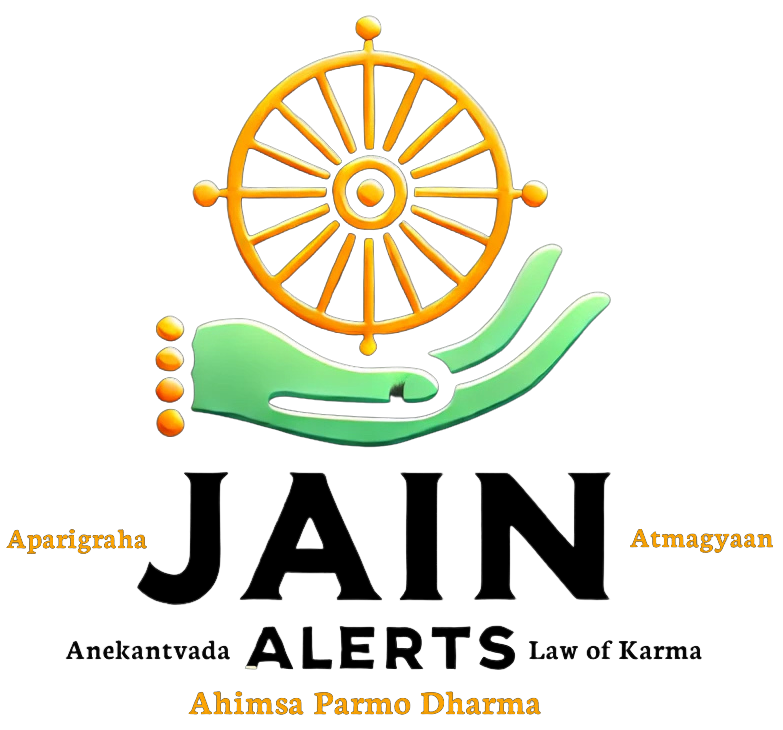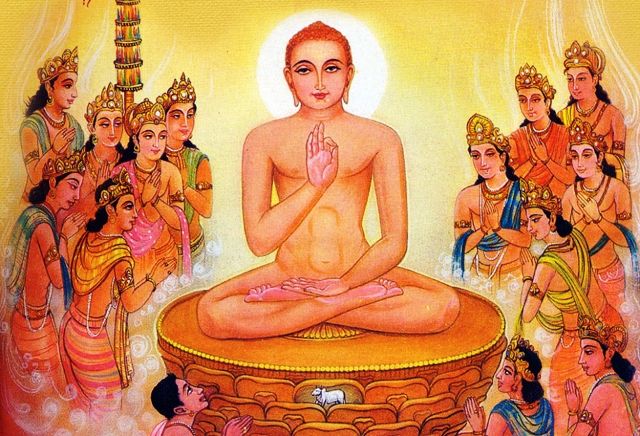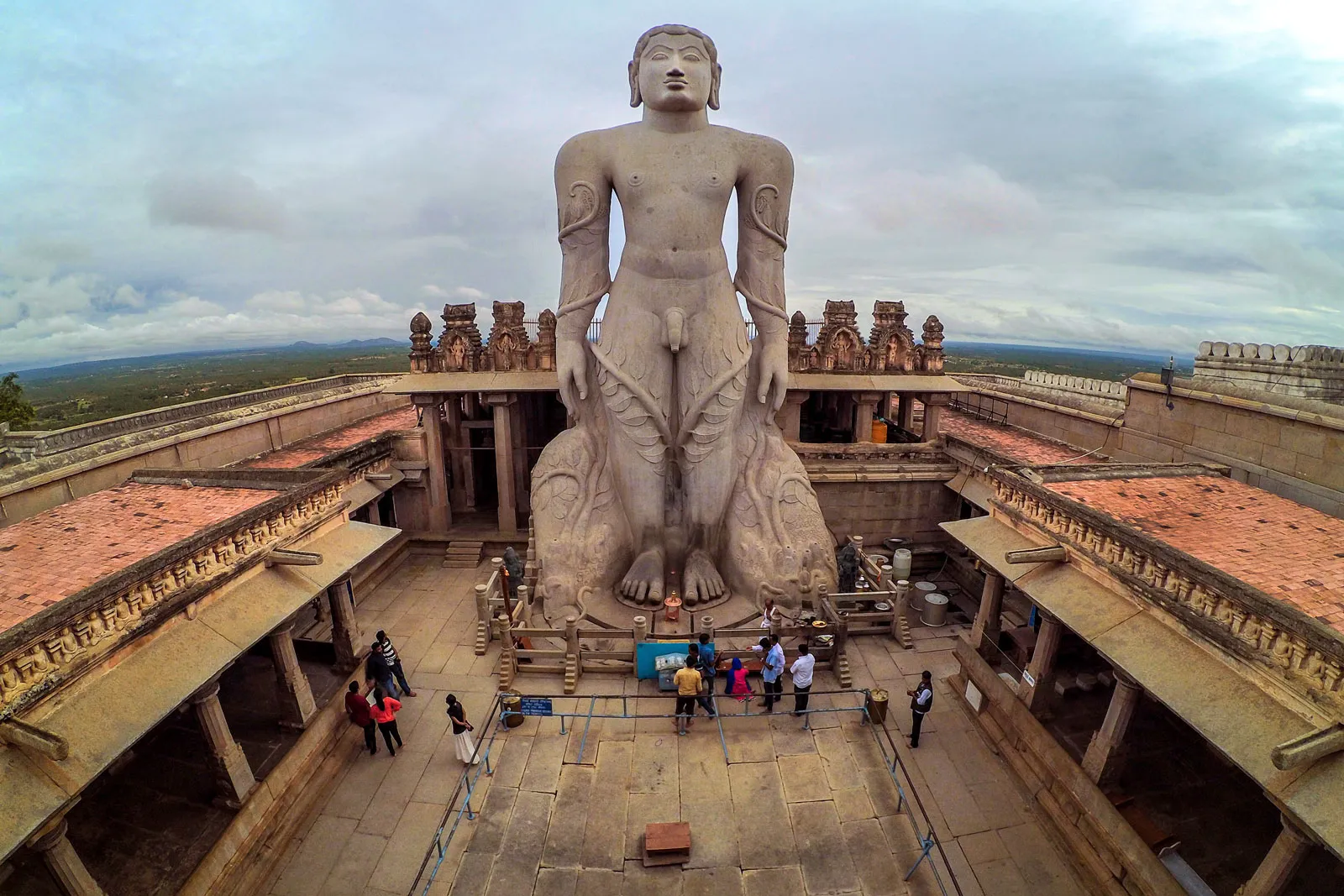Table of Contents
Do Jains Believe in God?
Introduction
Do Jains believe in God? This question often arises when exploring the unique beliefs of Jainism. Jainism, an ancient Indian religion, offers a distinct perspective on divinity and the cosmos. Unlike many world religions, Jains do not believe in God as a creator, preserver, or destroyer. Instead, Jainism presents a view of the universe that is eternal and self-sustaining, governed by its own laws without the need for a divine overseer.
Understanding whether Jains believe in God involves delving into their teachings and the role of divine beings within Jainism. Jains believe their teachings are eternally present in the universe, imparted by enlightened beings known as Tirthankaras. This blog will explore these beliefs in detail, shedding light on the Jain perspective of divinity, karma, and the path to liberation.
The Concept of God in Jainism
What is the Jain Belief About God?
Jains do not believe in a traditional God who is a creator, preserver, and destroyer of the universe. Instead, Jainism posits that the universe is eternal and operates according to its own inherent laws. There is no need for a creator or manager of the cosmos.
Key Points:
- Eternal Universe: The universe is eternal, without beginning or end.
- Self-Sustaining: The cosmos runs on its own accord by its cosmic laws.
- No Creator Deity: Jainism does not recognize a god as the creator, sustainer, or destroyer.
Divine Beings in Jainism
While Jainism does not endorse the concept of a creator God, it acknowledges the existence of divine beings, known as Tirthankaras or Arihants, and Siddhas.
Who are Tirthankaras?
Tirthankaras are enlightened beings who have achieved perfect knowledge and are free from all karmic bonds. They are revered as teachers who guide others on the path to liberation.
Characteristics of Tirthankaras:
- Perfect Knowledge: Tirthankaras possess omniscience.
- Spiritual Leaders: They establish the fourfold order of monks, nuns, laymen, and laywomen.
- Liberated Souls: After death, they become Siddhas, liberated souls residing in a state of eternal bliss.
Who are Siddhas?
Siddhas are souls that have attained liberation and are free from the cycle of birth and death. They reside at the top of the universe in a state of eternal bliss.
Characteristics of Siddhas:
- Liberated Beings: They have destroyed all karmas.
- Equal Status: All Siddhas possess the same qualities but maintain unique identities.
- Eternal Bliss: They exist in a state of pure, everlasting happiness.
Karma and the Path to Liberation
How Does Karma Affect Jains?
Jainism places significant emphasis on karma, viewed as fine particles that attach to the soul and affect its purity and progress.
Types of Karma:
- Mohniya Karma: Causes delusion about the soul’s true nature.
- Jnana Varaniya Karma: Obscures perfect knowledge.
- Darasna Varaniya Karma: Obscures perfect vision.
- Antaraya Karma: Obstructs natural qualities like charity and willpower.
- Vedniya Karma: Causes pleasure and pain.
- Nama Karma: Determines physical attributes and life circumstances.
- Gotra Karma: Influences family, social standing, and personality.
- Ayu Karma: Determines lifespan.
Objective of a Devout Jain:
- Eliminate Karmic Particles: Through self-knowledge and self-effort.
- Attain Liberation: By freeing the soul from karmic bonds.
Jainism and the Divine: Transtheistic Perspective
Is Jainism Atheistic or Transtheistic?
Jainism’s view of divine beings makes it challenging to classify the religion strictly as atheistic. Scholar Heinrich Zimmer suggests the term “transtheistic,” indicating a belief system beyond the conventional arguments about God’s existence.
Jainism and the Problem of Evil
Jainism explains the presence of evil and suffering without the complexities faced by theistic religions. Since there is no omnipotent, wholly good creator, the existence of evil does not contradict the principles of Jainism.
Worship and Prayer in Jainism
What is the Role of Worship in Jainism?
Jain prayers differ from those in theistic religions. They focus on venerating the qualities of Tirthankaras and reminding followers of their teachings.
Purpose of Jain Prayers:
- Recall Teachings: Reflect on the virtues and teachings of Tirthankaras.
- Inspire Devotion: Encourage followers to aspire to the qualities of liberated souls.
Misconceptions About Jainism
Common Misconceptions
- Jainism is Atheistic: While Jains do not believe in a creator God, they venerate divine beings who have achieved liberation.
- No Divine Intercession: The beings worshipped in Jainism do not intervene in the world or respond to prayers.
- Self-Realization: Jainism emphasizes self-effort and self-knowledge over divine assistance.
Conclusion
Understanding Jain Beliefs
Jainism offers a profound and unique perspective on divinity and the cosmos. While it rejects the notion of a creator God, it upholds the existence of perfected beings who serve as spiritual exemplars. The journey of every soul towards liberation, free from karmic bonds, underscores the Jain belief in self-realization and the potential for every being to attain divine status.
Key Takeaways:
- No Creator God: The universe operates by its own laws without a creator.
- Divine Beings: Tirthankaras and Siddhas represent perfected beings.
- Karma and Liberation: Emphasis on purifying the soul from karmic particles.
- Transtheistic View: Beyond conventional theistic and atheistic arguments.
Understanding Jainism’s unique beliefs about God and the divine enriches our appreciation of this ancient and profound religion.





